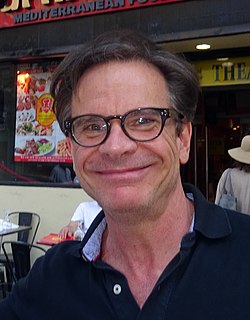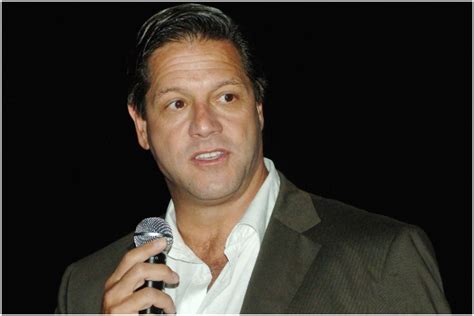A Quote by Justin Rosenstein
Whether you're a programming prodigy or the office manager holding it all together, technology empowers small groups of passionate people with an astonishing degree of leverage to make the world a better place.
Related Quotes
I think different societies, cultures, individuals, teams of people, make the world a better place. The founding fathers, they made New England, they made those 13 colonies. I don't know if they thought they were changing the world or just changing their world, but they did make the world a better place. Doctors that cure patients or cure diseases or make discoveries, they're making the world a better place. Can I make the world a better place by selling underpants? Not really. That's just the means. That gives me resources to try to make the world a better place.
Google is a place filled with open-minded, innovative people from all over the world. It's a fun place to work, and it's a place where different kinds of skills come together. As we grew from a startup, I remember our founders saying that people don't want us to change our culture, but we need to keep making it better. It's an attitude: "We are the ones we've been waiting for." Silicon Valley in general, tech in general, means using technology to solve big problems in the world.
[Internet] technology, like anything else that mankind creates is a tool and that tool can be used for good or for evil, like a light saber. Technology is supposed to bring people together, streamline things and make life easier and in a lot of ways it does that. However, technology can also disconnect you from other people and break down the social network, the real social network of family and friends and interpersonal communication, and isolate people, make them feel alone, make them feel small. So it's a tool that needs to be used correctly.
Cutting through complexity to find a solution runs through four predictable stages: determine a goal, find the highest-leverage approach, discover the ideal technology for that approach, and in the meantime, make the smartest application of the technology that you already have - whether it's something sophisticated, like a drug, or something simpler, like a bednet.

































